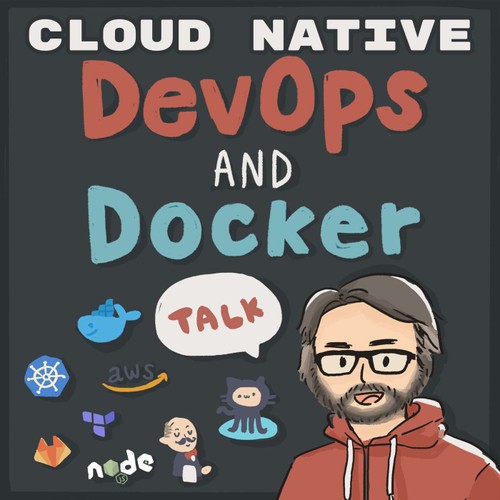
 DevOps and Docker Talk: Cloud Native Interviews and Tooling
DevOps and Docker Talk: Cloud Native Interviews and Tooling Portainer for Kubernetes, Docker, Swarm, Edge, and IoT
Apr 5, 2024
Neil Cresswell, CEO and co-founder of Portainer, dives into the impressive capabilities of Portainer for managing container workloads. He discusses how Portainer simplifies deployments from Docker to Kubernetes, emphasizing its support for IoT and edge computing. Exciting updates include GitOps functionality and the introduction of AI capabilities. Neil also shares insights on Portainer's evolution, cluster provisioning, and how it streamlines Kubernetes adoption, making container management accessible for all.
AI Snips
Chapters
Transcript
Episode notes
Portainer's cPanel Inspiration
- Neil Cresswell wanted Portainer to be like cPanel for containers, providing ease of use while enabling underlying technology.
- The goal was to remove complexity in container management and make it accessible to more people.
One Tool to Rule Them All
- Portainer aims to be the single tool for all container management to avoid juggling multiple tools.
- This approach solves the marketing challenge of having a tool that does everything many others do separately.
Focus on Day Two Operations
- Focus on day two operations because spinning up clusters is easy but managing them effectively is hard.
- Portainer helps with multi-cluster management, authentication, RBAC, and user access for smoother operations.
